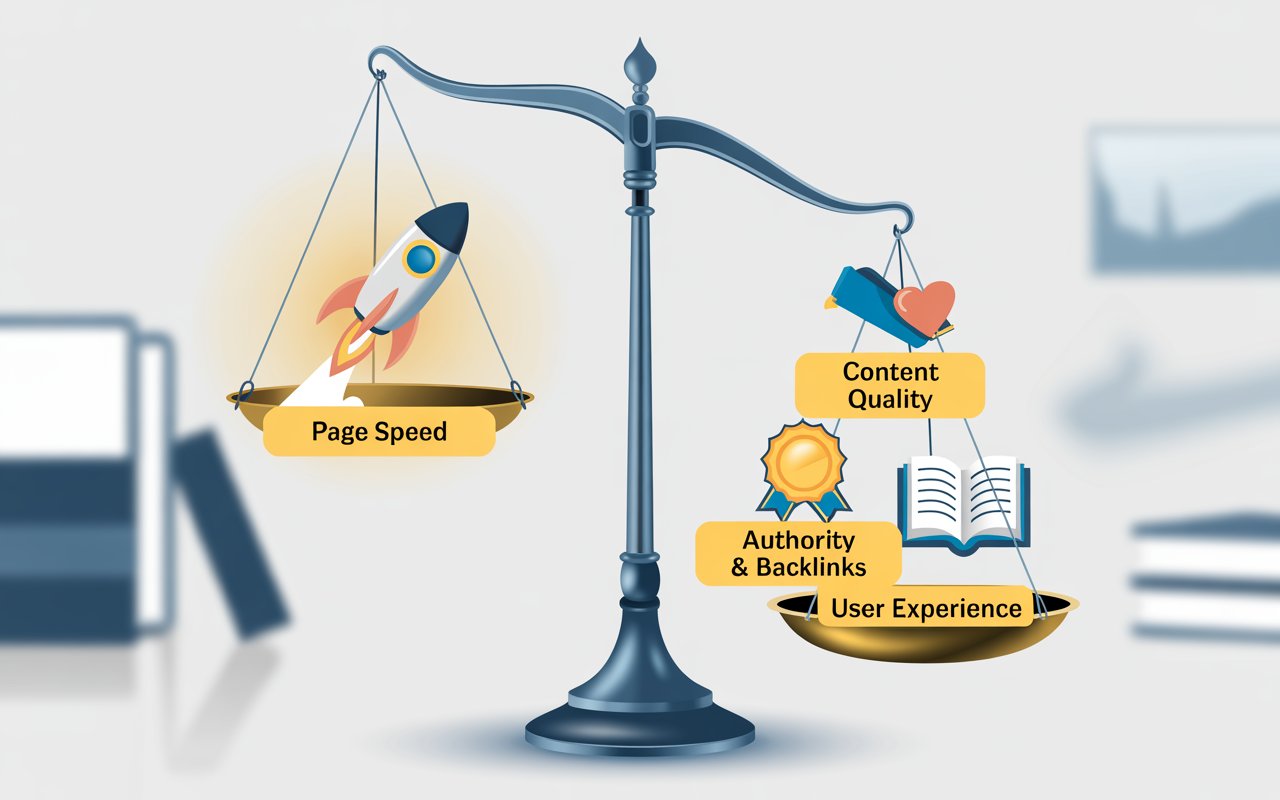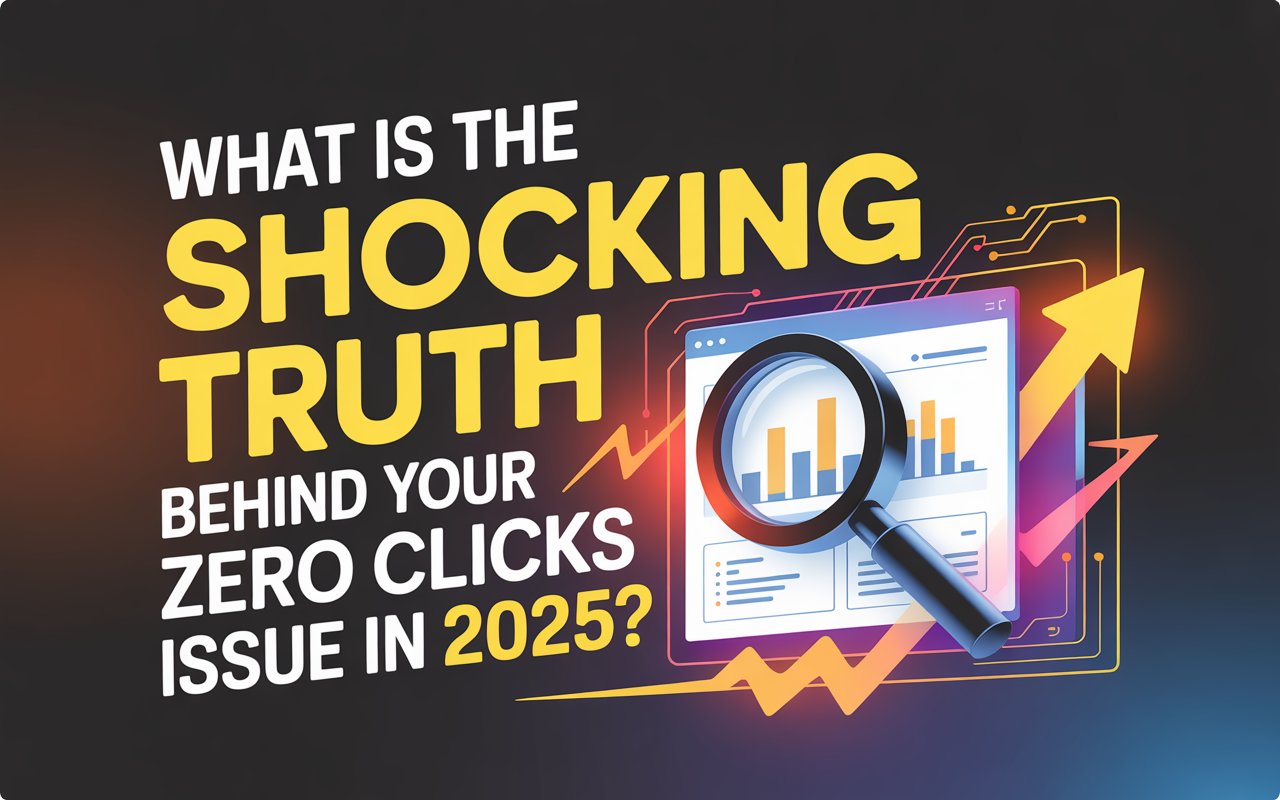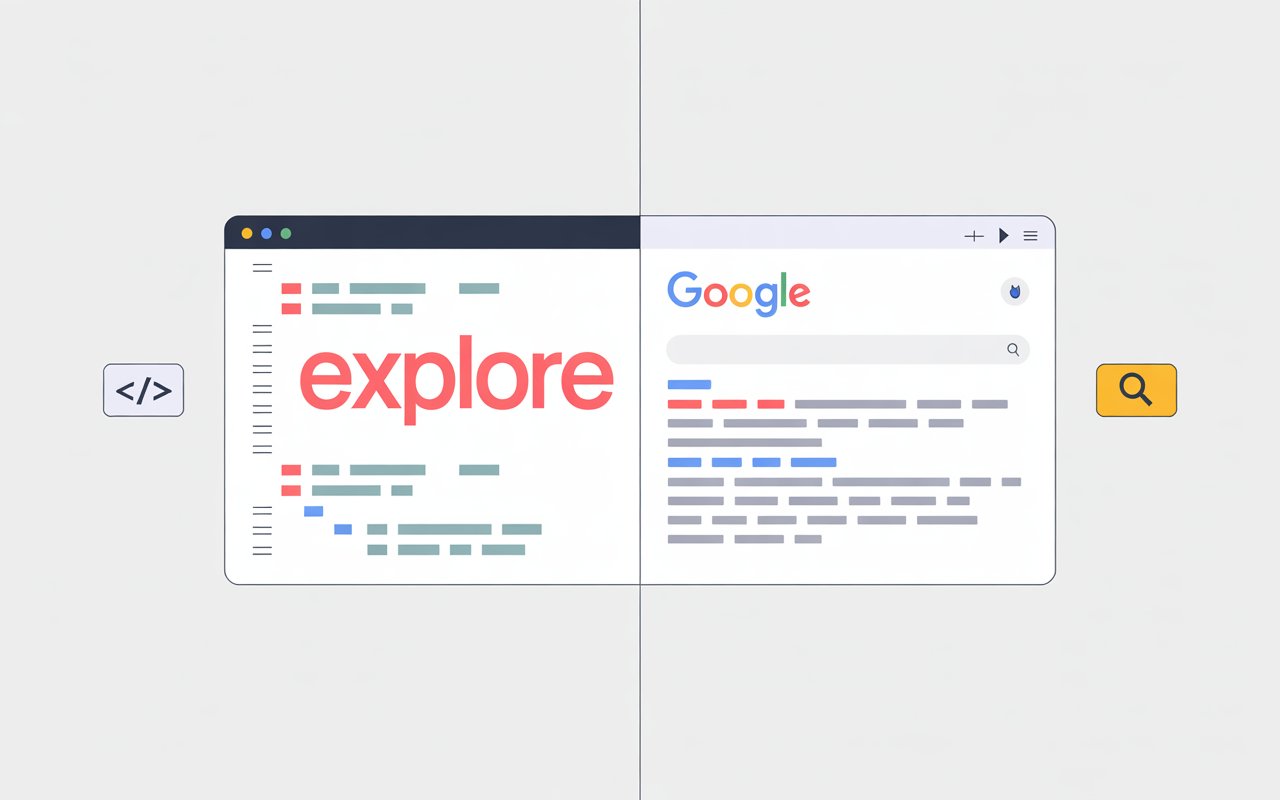Why Your Fast Website Still Isn't Ranking (And Your Slow Competitor Is)
It's one of the most frustrating situations in SEO. You've spent weeks, maybe months, perfecting your website. Your Core Web Vitals score is excellent, and your FCP and LCP scores are lightning-fast. Yet, when you check the search results, your slow, clunky competitor is sitting comfortably above you.
What's going on? Is Google broken?
The short answer is no. The truth is, while page speed is an important ranking factor, it's just one piece of a much larger puzzle.
The Common Scenario
Let's look at a typical example for a business in Singapore:
-
Your Website: Has an amazing Core Web Vitals score. Your pages load in under 2 seconds. Technically, your site is perfect. But your ranking is stuck on page two.
-
Your Competitor's Website: Has a poor Core Web Vitals score. Their pages take 4-5 seconds to load. But they are ranking in the top 3 for all the keywords you want.
This happens because Google believes that despite being slower, your competitor's website is a better and more trustworthy answer to the user's search query. Here are the real reasons why.
Reason 1: Content Quality and Relevance
This is the most important factor of all. Google's main job is to provide the best answers. Your competitor might be outranking you simply because their content is more detailed, more helpful, and more relevant to the topic.
Example: Imagine you and your competitor both sell "custom office furniture in Singapore." Your page is fast and lists your products. Your competitor's page is slow, but it has detailed descriptions, a guide on "How to Choose the Right Ergonomic Chair," videos of their products, and customer testimonials. To Google, their page is a much more valuable resource for a potential customer.
Reason 2: Authority and Trust (Backlinks)
Backlinks are like "votes of trust" from other websites. If your competitor has links from well-known Singaporean business blogs, news sites, or industry associations, Google sees them as a highly credible authority.
A website with strong authority can often get away with being a bit slower, just like people will wait in line for a famous, trusted restaurant but not for an unknown one.
Reason 3: A Better Overall User Experience
Core Web Vitals measure the technical speed, but they don't measure the entire user experience. Ask yourself:
-
Is their website easier to navigate?
-
Is their information clearer and easier to understand?
-
Do visitors spend more time on their site than on yours?
If users are landing on your competitor's site and staying there for a long time, it sends a powerful signal to Google that their page is more useful, even if it loaded slowly at first.
What Should You Do Now?
Don't stop caring about speed, but realize it's not the only thing.
-
Analyze Your Competitor's Content: Look at their top-ranking pages. What are they doing better? Make your own content even more detailed and helpful.
-
Build Your Authority: Start a strategy to get high-quality backlinks from other relevant websites.
-
Think Beyond Speed: Make sure your website is not just fast, but also incredibly easy to use and provides real value to your visitors.
The takeaway is simple: A fast website with average content will almost always lose to a slow website with amazing content and strong authority. Focus on becoming the best and most trusted resource, and the rankings will follow.



